UKHospitality: Consumer Behavior and Digital Technology Impact
VerifiedAdded on 2023/01/04
|22
|1499
|20
Presentation
AI Summary
This presentation provides a comprehensive analysis of consumer behavior within the hospitality industry, focusing on how factors like personal, social, psychological, and cultural influences shape customer decisions. The study emphasizes the significant impact of digital technology on consumer trends, highlighting how it has revolutionized customer insight and expectations. The presentation explores emerging trends such as the personalization of services and guest engagement through digital tools like virtual assistants. It also discusses how hospitality providers, like UKHospitality, can leverage these insights to optimize customer satisfaction, develop personalized marketing campaigns, and enhance the overall guest experience, including the rise of smart hotels and the importance of reputation management in the digital space. The presentation concludes by emphasizing the need for hospitality businesses to adapt to changing consumer behaviors and invest in their digital presence to remain competitive.
1 out of 22

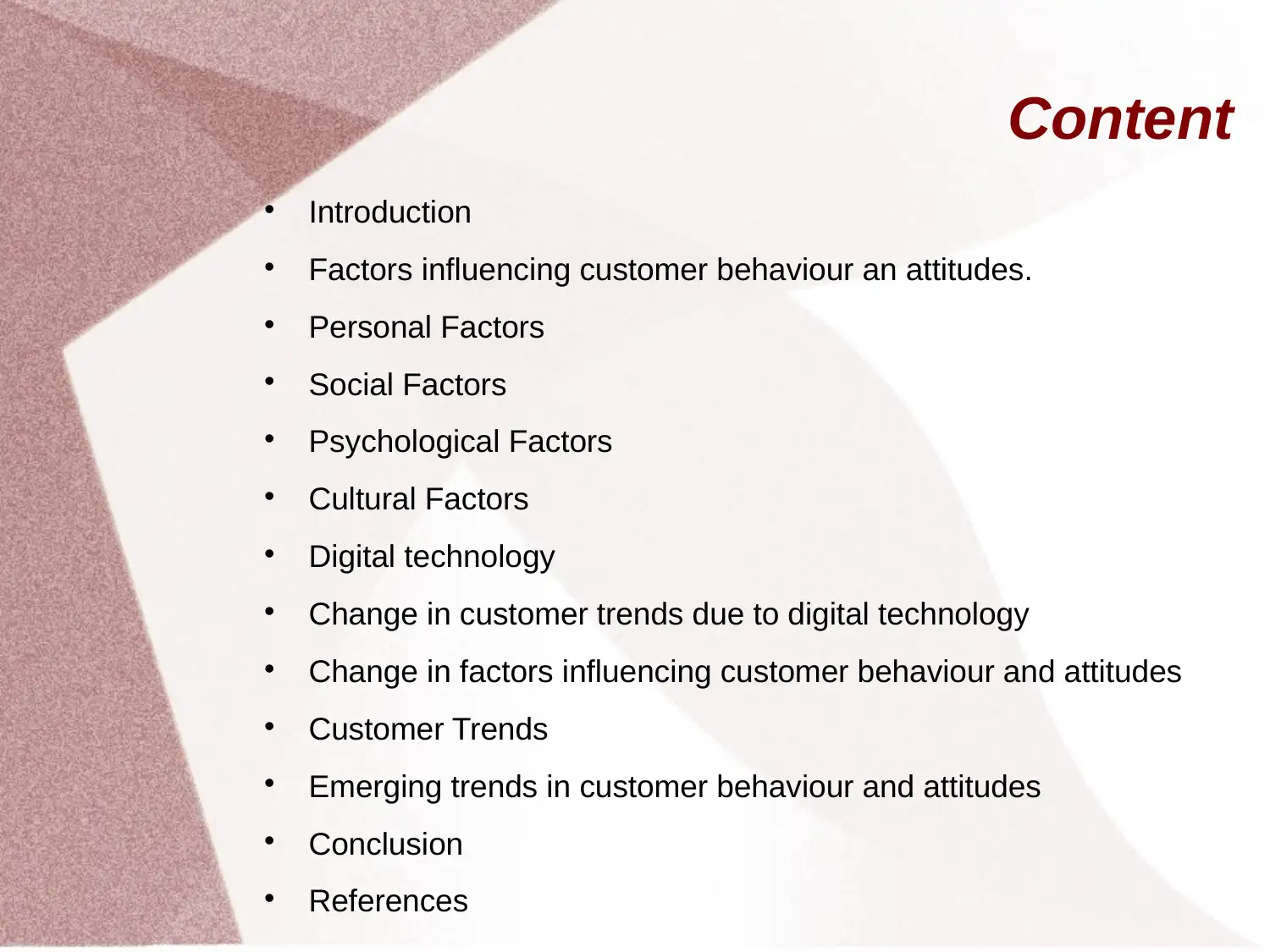


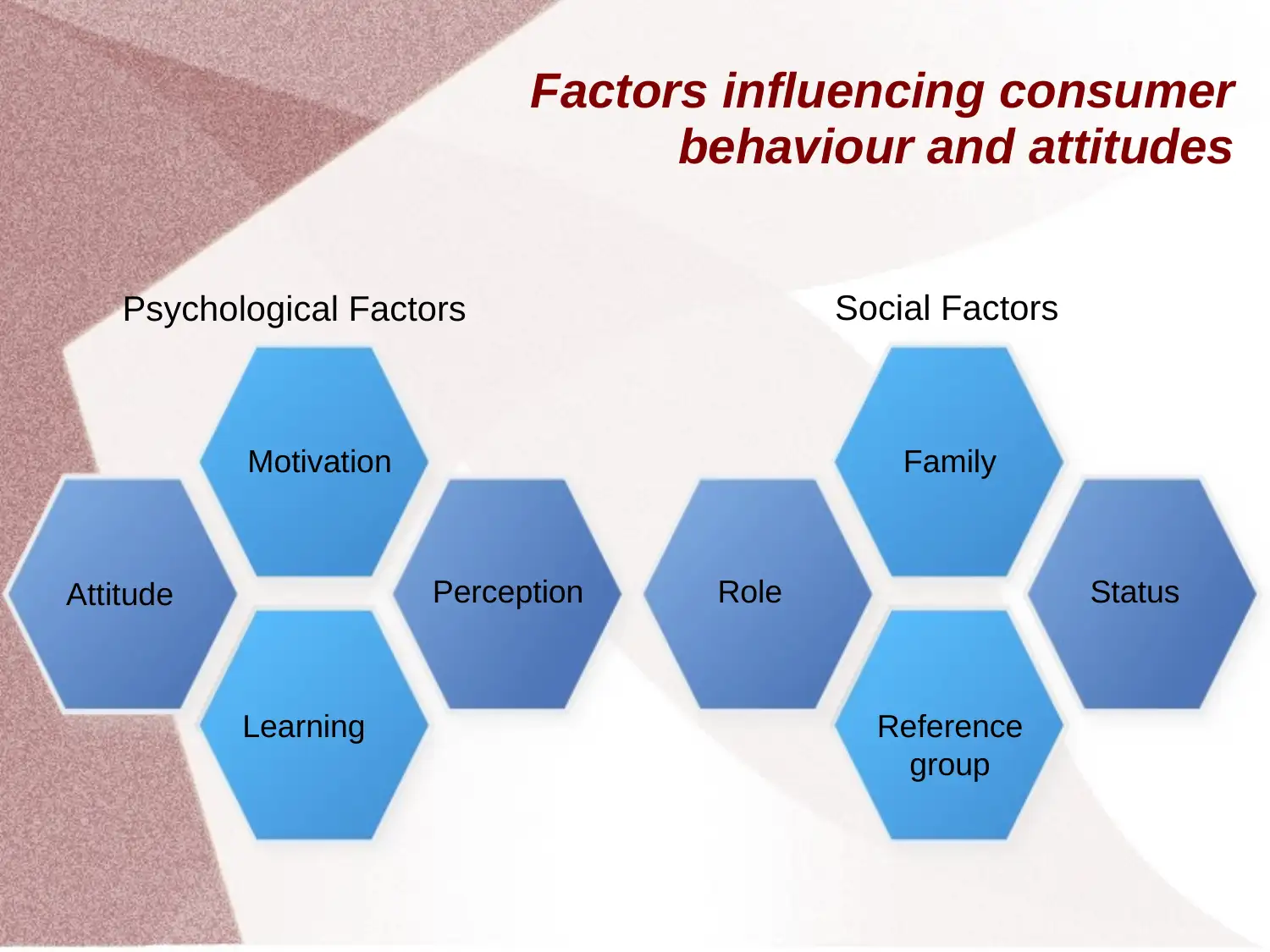
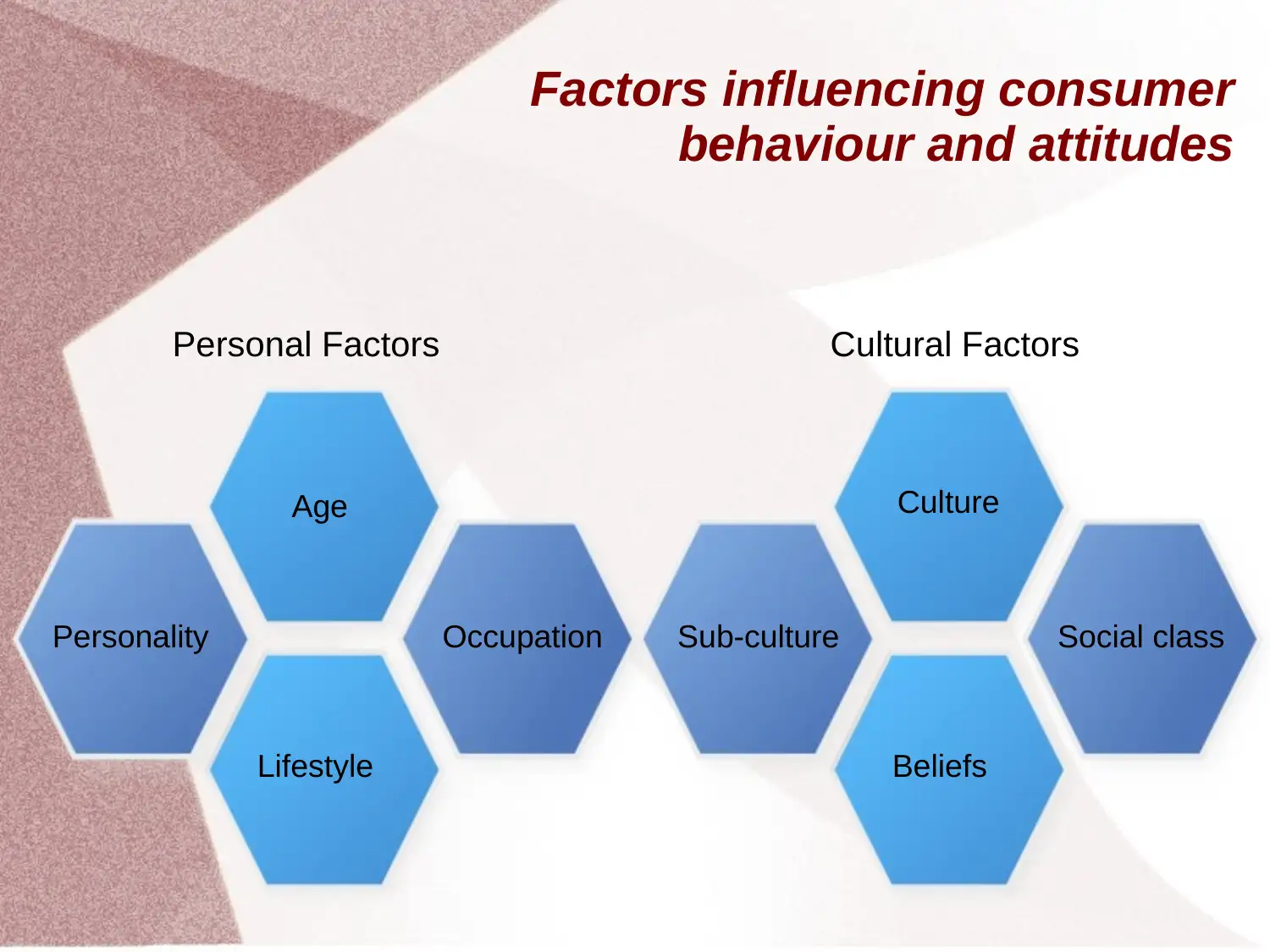
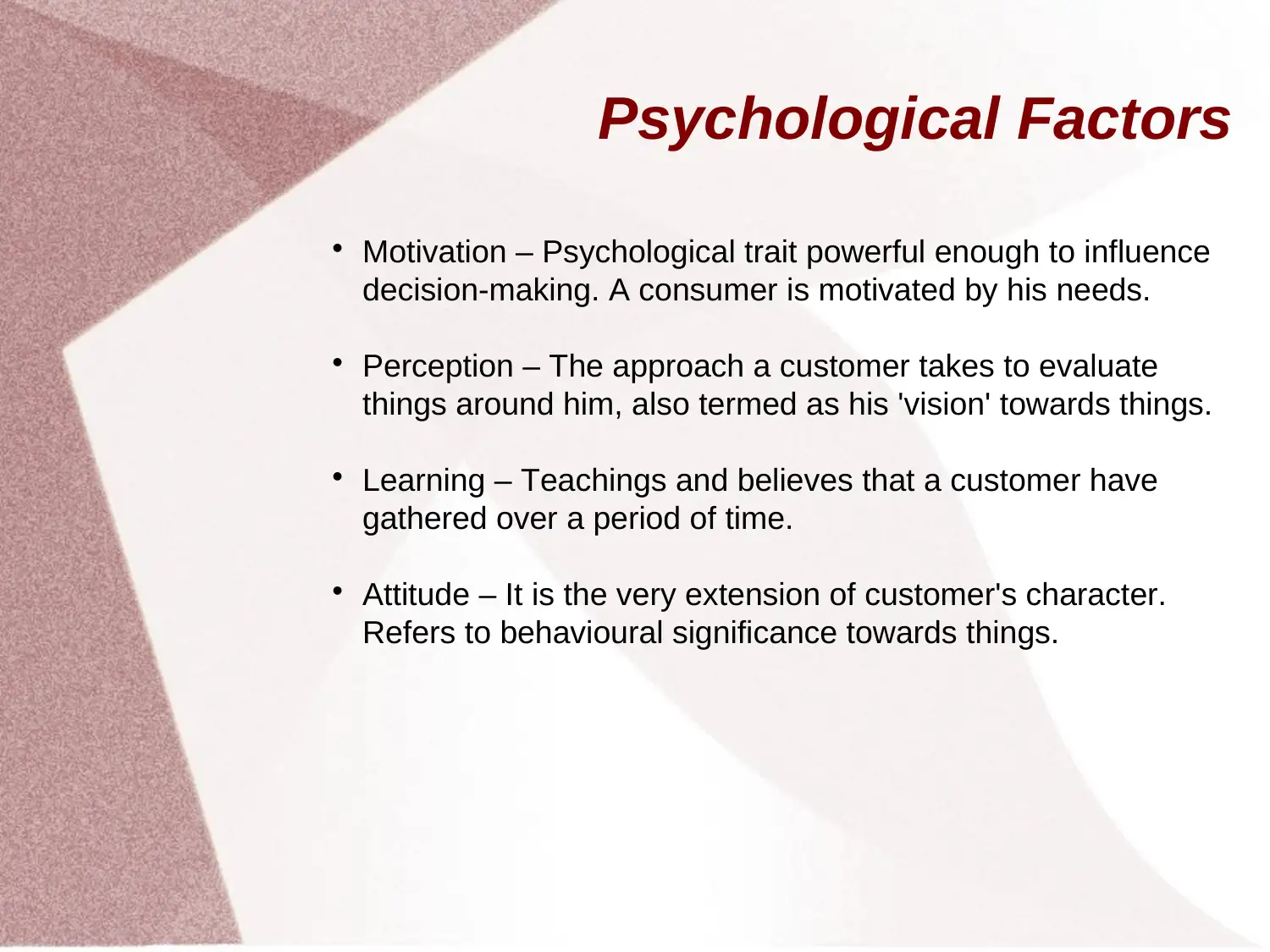
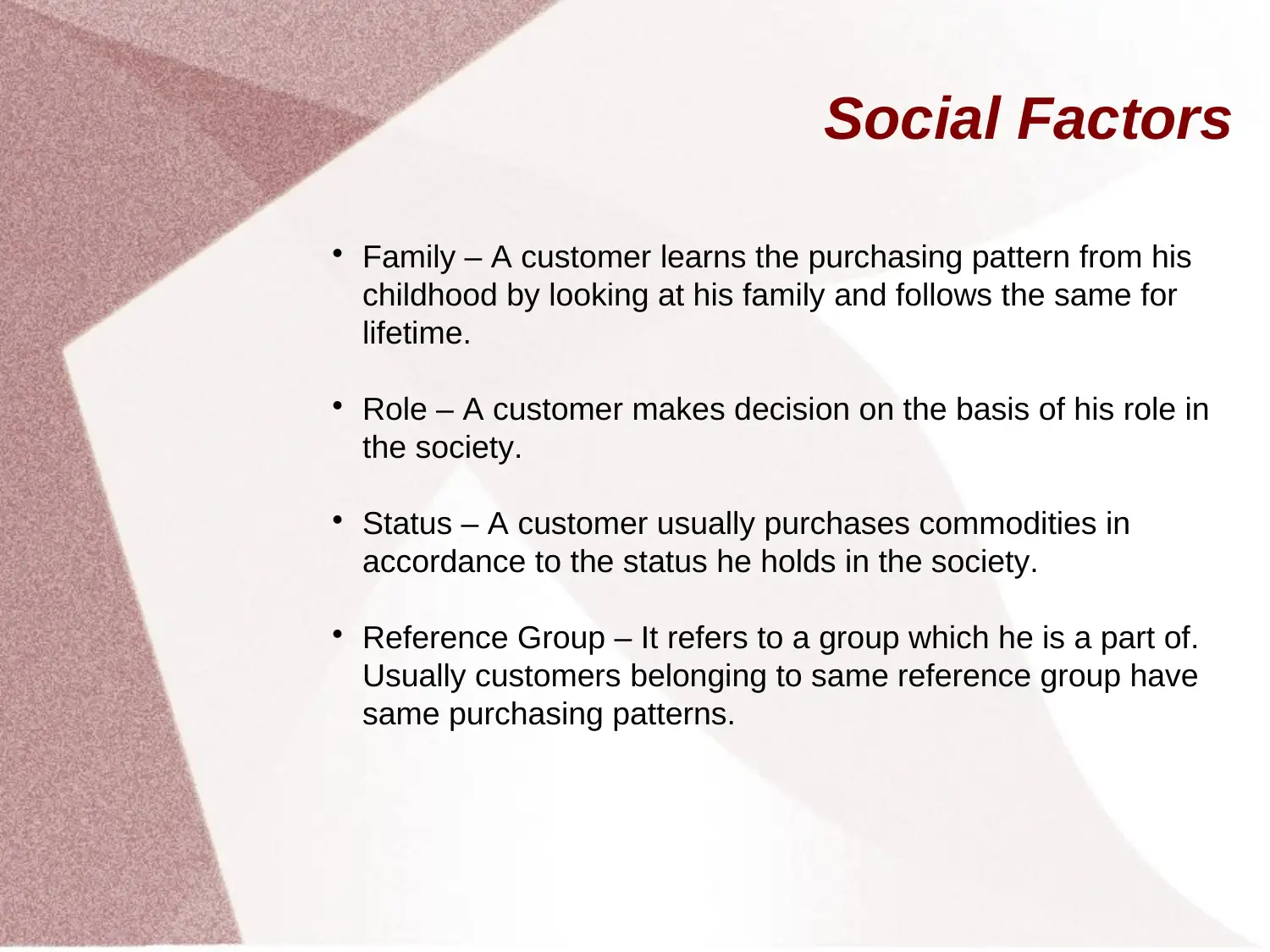
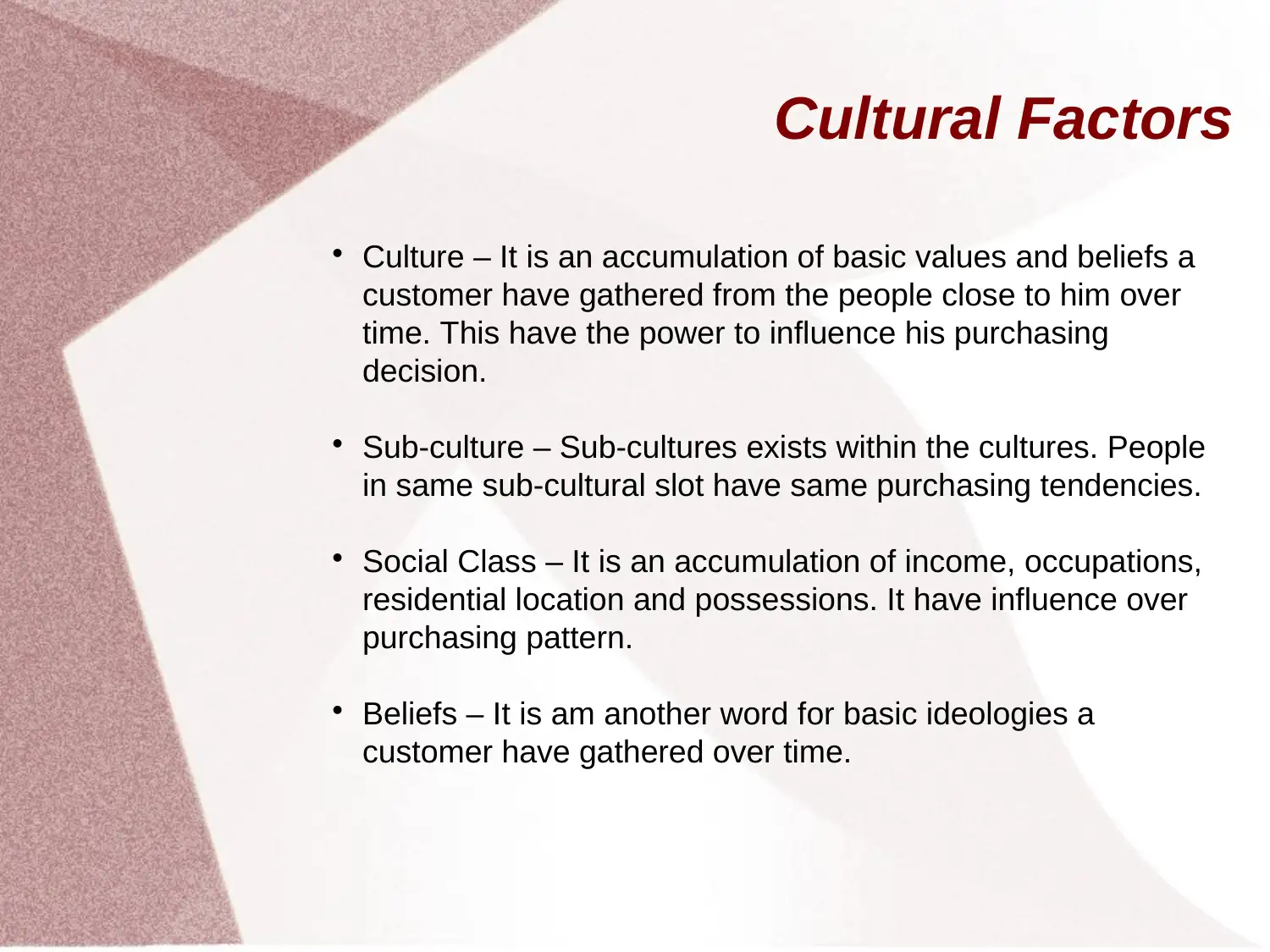
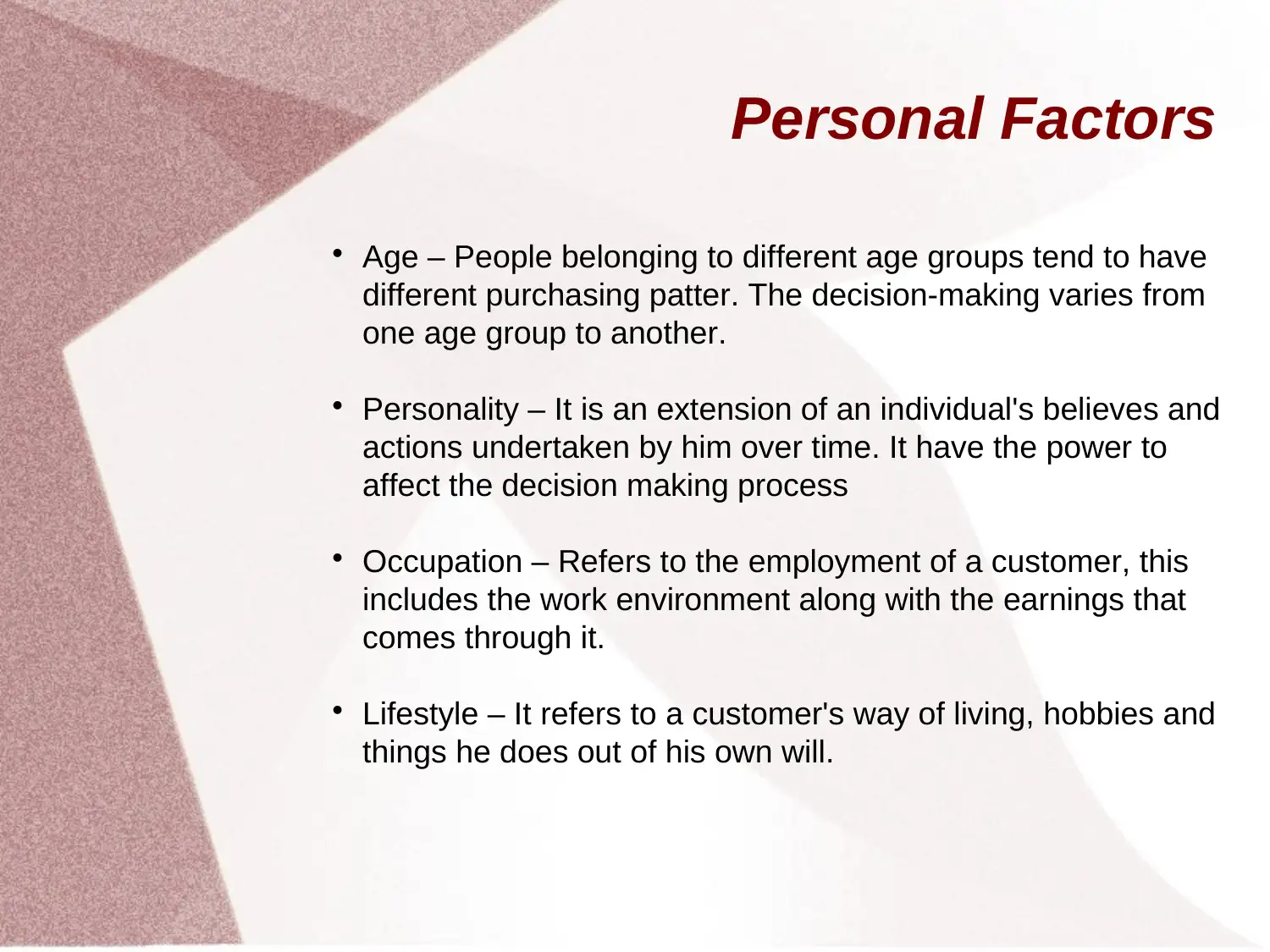
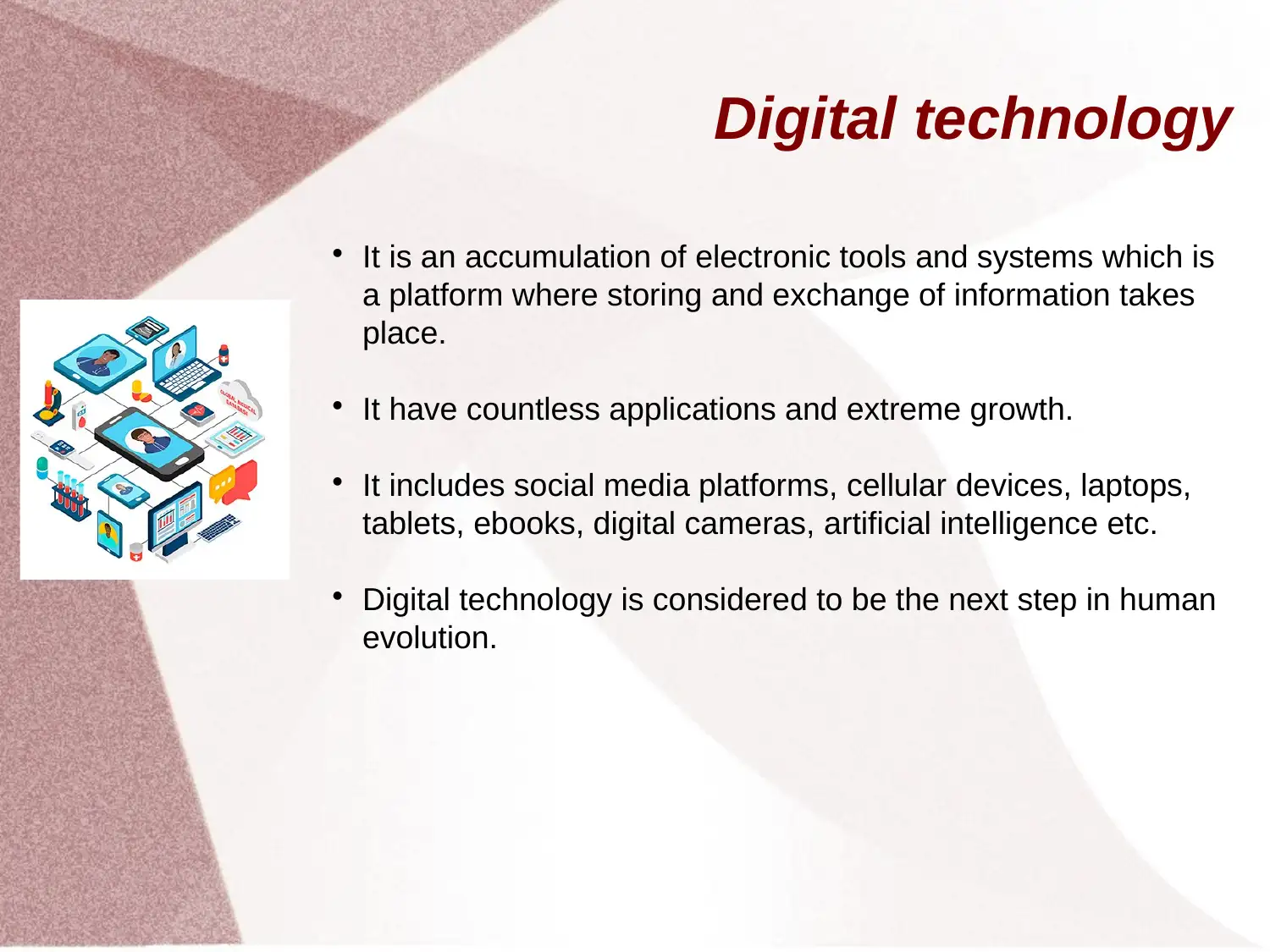
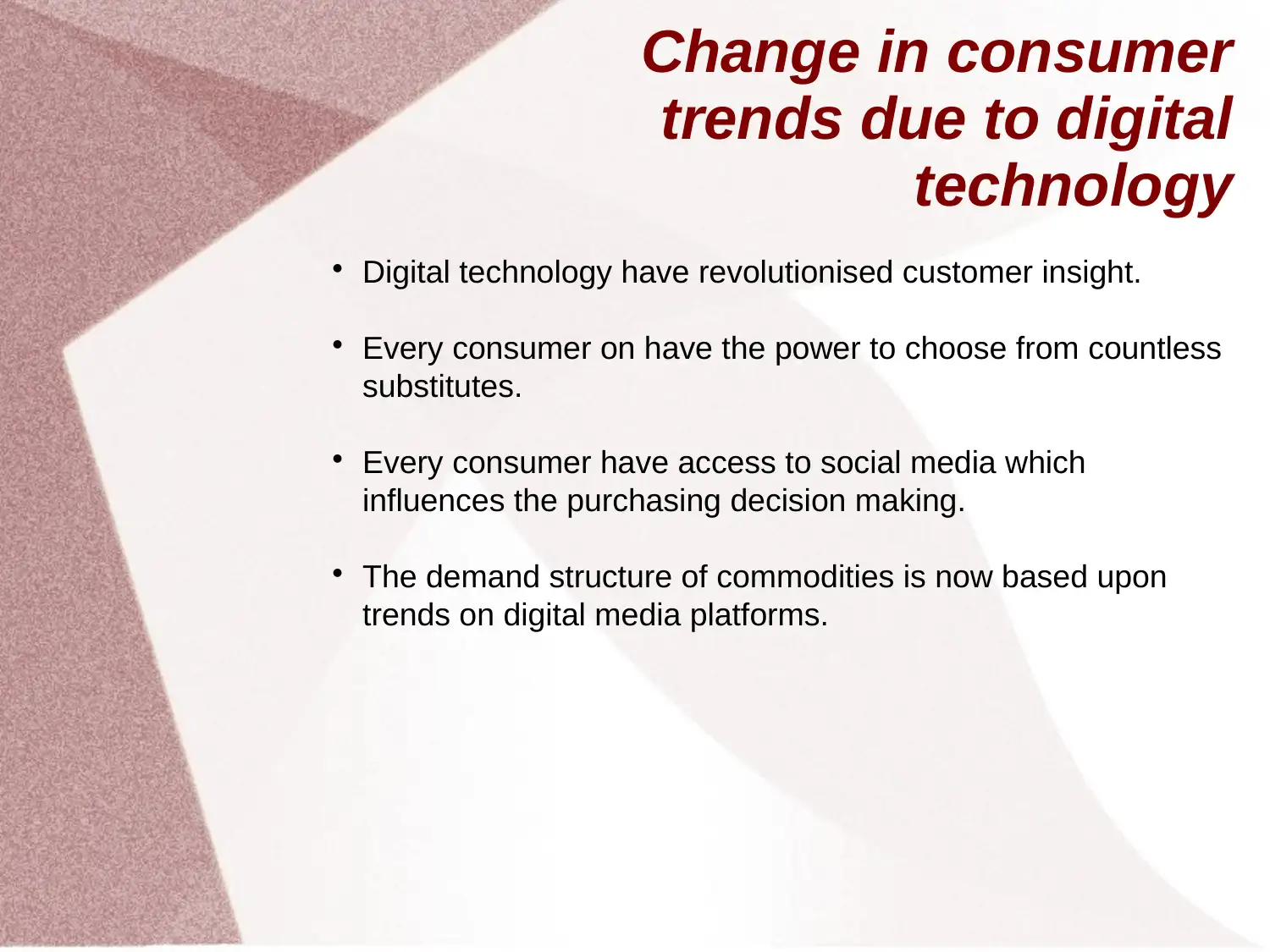
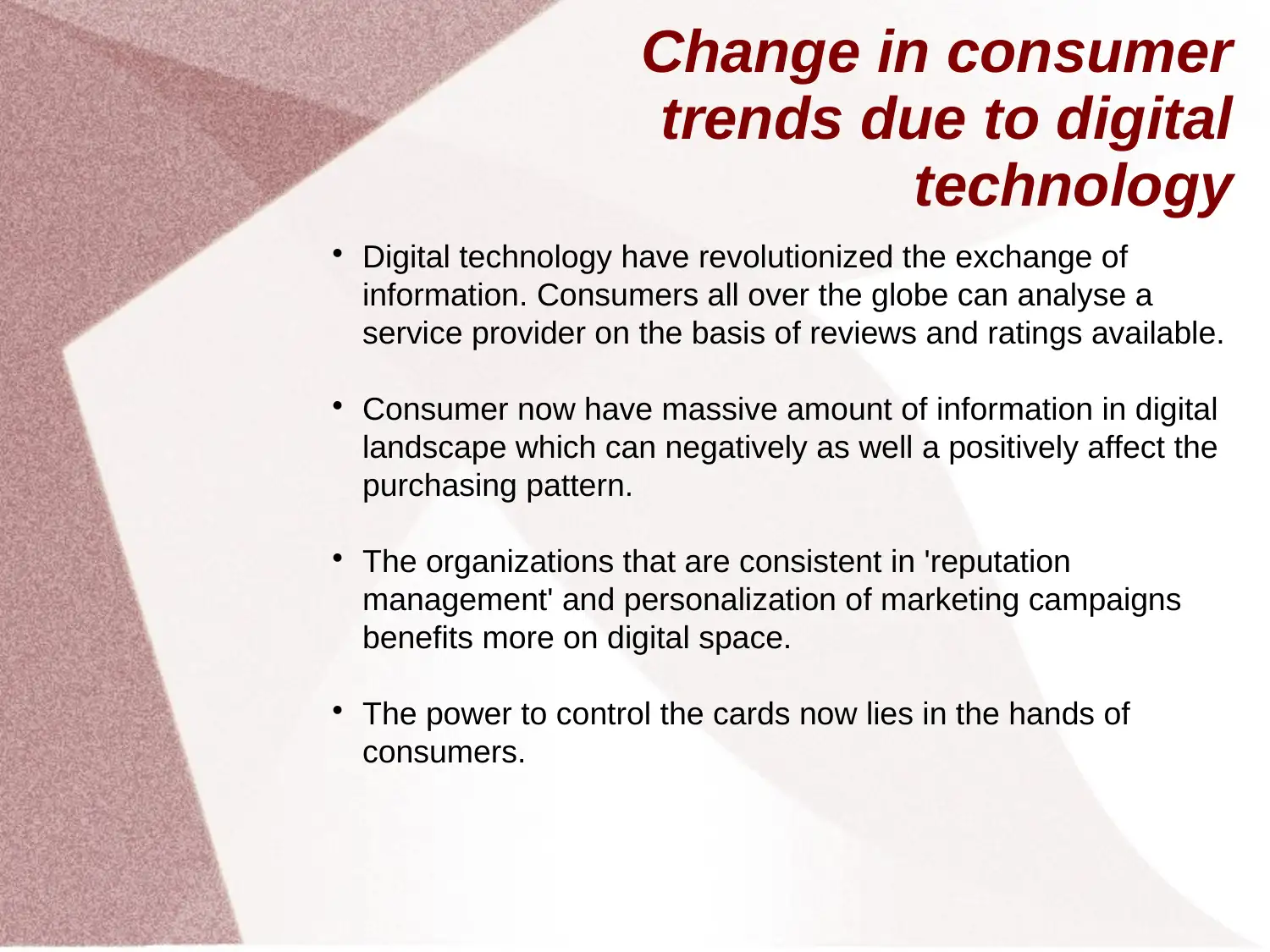




![[object Object]](/_next/static/media/star-bottom.7253800d.svg)